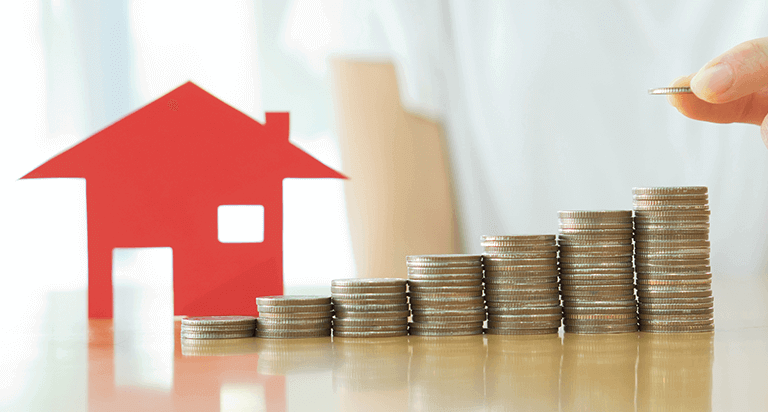How to Bypass Debt Collectors and Work with Your Original Creditor
Highlights:
- If you have past due debt that's been sent to collections, you may still be able to negotiate repayment directly with your lender.
- Debt collectors are third-party organizations that buy delinquent debt from your creditor, then keep trying to collect your debt in the full amount.
- Your original creditor may be most willing to take your debt back if you have already worked out a plan with your debt collector and begun repaying what you owe. However, there's no guarantee that the creditor will reaccept the original debt.
If you have delinquent debt that's been sent to collections, there might be options. In some cases, you may still be able to negotiate repayment directly with your lender.
Working with your original creditor instead of a debt collector can be beneficial. However, this approach won't work for everyone. Find out when you may qualify to bypass debt collectors and work directly with your original creditor to repay what you owe.
What is a creditor?
A creditor is any person or financial institution — such as a mortgage lender, credit card company or bank — that extends credit to a borrower. For example, when you take out a home loan, your mortgage lender acts as your creditor.
When you pay back your credit card's outstanding balance or make your monthly mortgage payment, you're repaying your creditor. If you fall behind on your payments, a creditor may take drastic measures to recoup their money. In some cases, your original creditor may sell your debt — often for far less than the debt was originally worth — because doing so will let them recover at least a portion of their investment.
What is a debt collector?
Debt collectors — also known as collection agencies — are third-party organizations that attempt to recover unpaid debts. Debt collectors purchase delinquent debt from your creditor, then keep trying to collect your debt in the full amount — or at least enough to cover what they paid and turn a profit.
What's the difference between a debt collector and a creditor?
While both debt collectors and creditors may contact borrowers about unpaid debt, there are key differences. Creditors issue loans, credit cards and lines of credit, while debt collectors do not. Debt collectors can only recover an existing debt when working with a creditor to acquire an overdue credit account.
Creditors may attempt to collect your debt immediately following a missed payment. However, they usually wait until you have missed several monthly payments to declare your account a charge-off. This means that the creditor has determined your debt is unlikely to be paid. After your account has been delinquent for a few months, they may ultimately sell your balance to a debt collector.
Why is it helpful to bypass debt collectors?
The debt collection process can have severe financial consequences. If the contract with your original creditor permits, a debt collector may raise your interest rate. They may also charge extra fees, making repayment through a debt collector very expensive.
Plus, a debt in collections will likely be recorded on your credit reports and can have a significant negative impact on your credit scores. This damaging credit information can stay with you for up to seven years.
Luckily, if you act quickly, you may be able to sidestep debt collectors altogether and negotiate a repayment plan directly with your original creditor.
How to bypass debt collectors and work with your original creditor
Your original creditor may be most willing to take your debt back if you have already worked out a plan with your debt collector and begun repaying what you owe. So, if you want to bypass a debt collector, contact your original creditor's customer service department and request a payment plan. They may be willing to resume control of your account and put you on a flexible repayment plan. Keep your discussion polite, and remember to provide a reasonable justification for your appeal.
Still, your original creditor may be unable or unwilling to reaccept your debt, especially if they have already sold your debt to a collections agency.
What to do if you can't pay your debt collector
If your debt is sold to a debt collector, but you are ultimately unable to pay, your best course of action is to contact a nonprofit credit counseling agency or seek legal aid, as the collections process can be lengthy, complex and expensive.
To mitigate future damage to your credit history, remember to act fast. It's important to contact your original creditor as soon as you're unable to make a debt payment. Waiting even a few months can result in a downward spiral that negatively affects your finances for years to come.
Get your free credit score today!
We get it, credit scores are important. A monthly free credit score & Equifax credit report are available with Equifax Core CreditTM. No credit card required.



